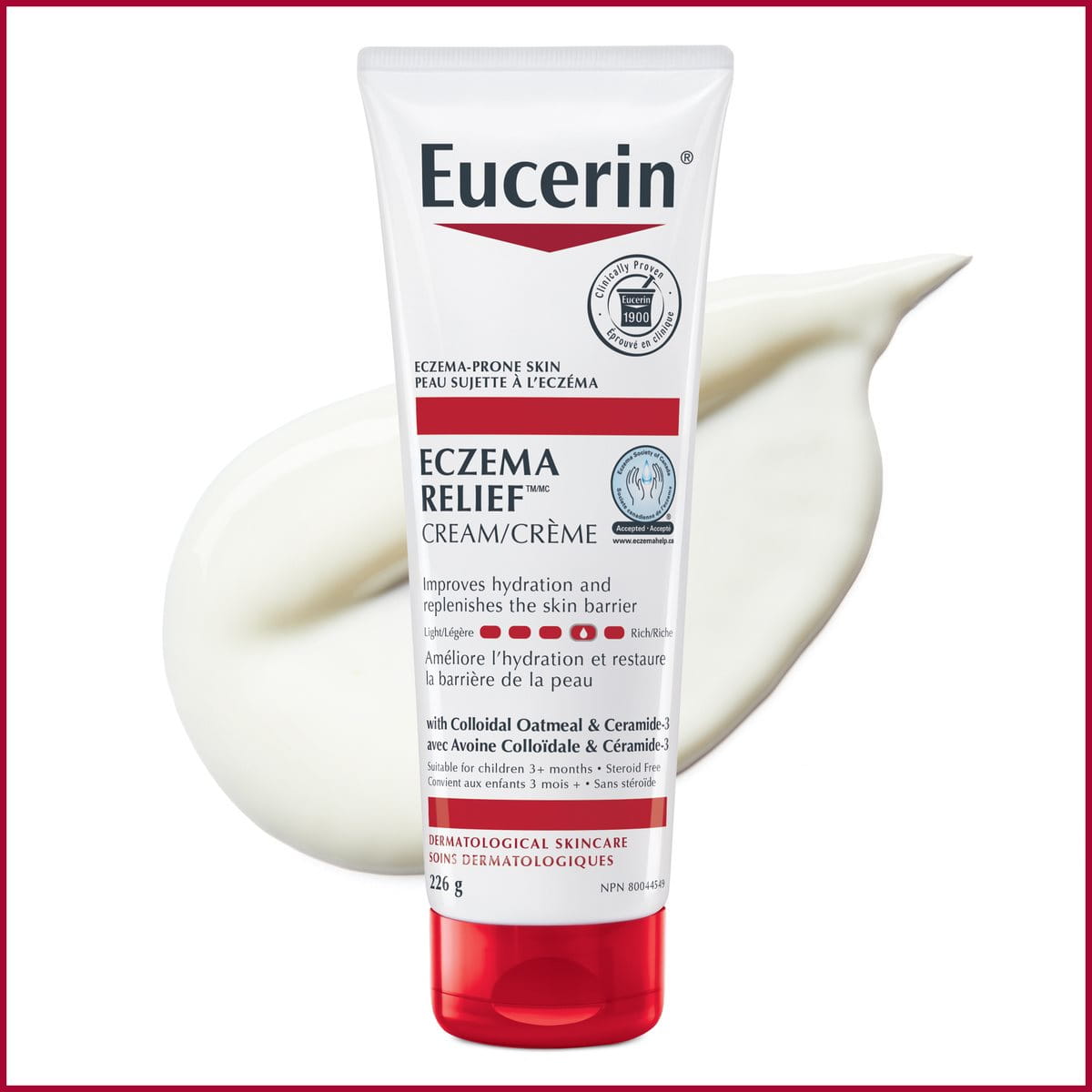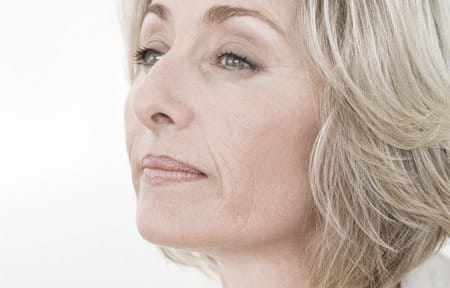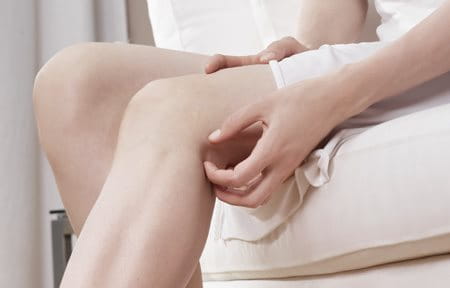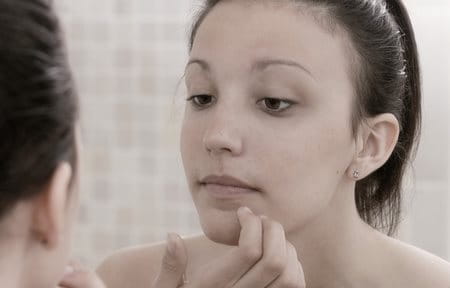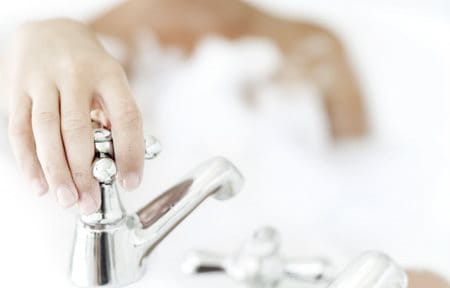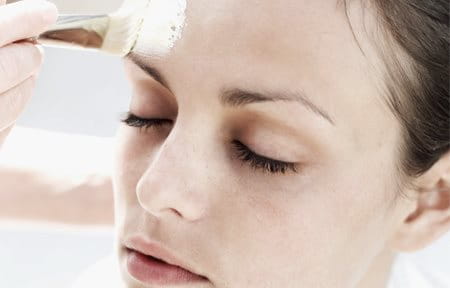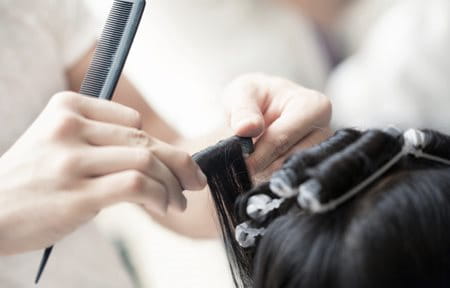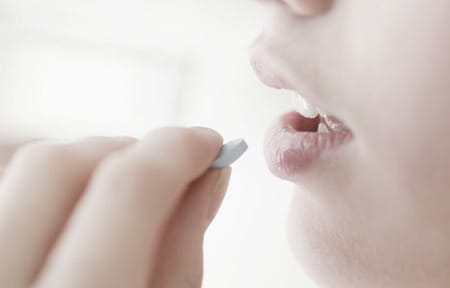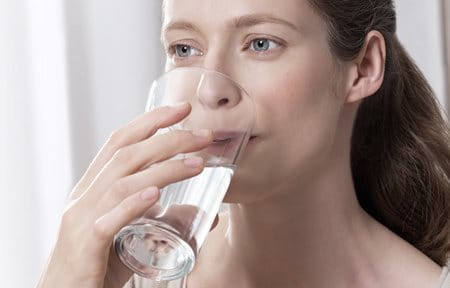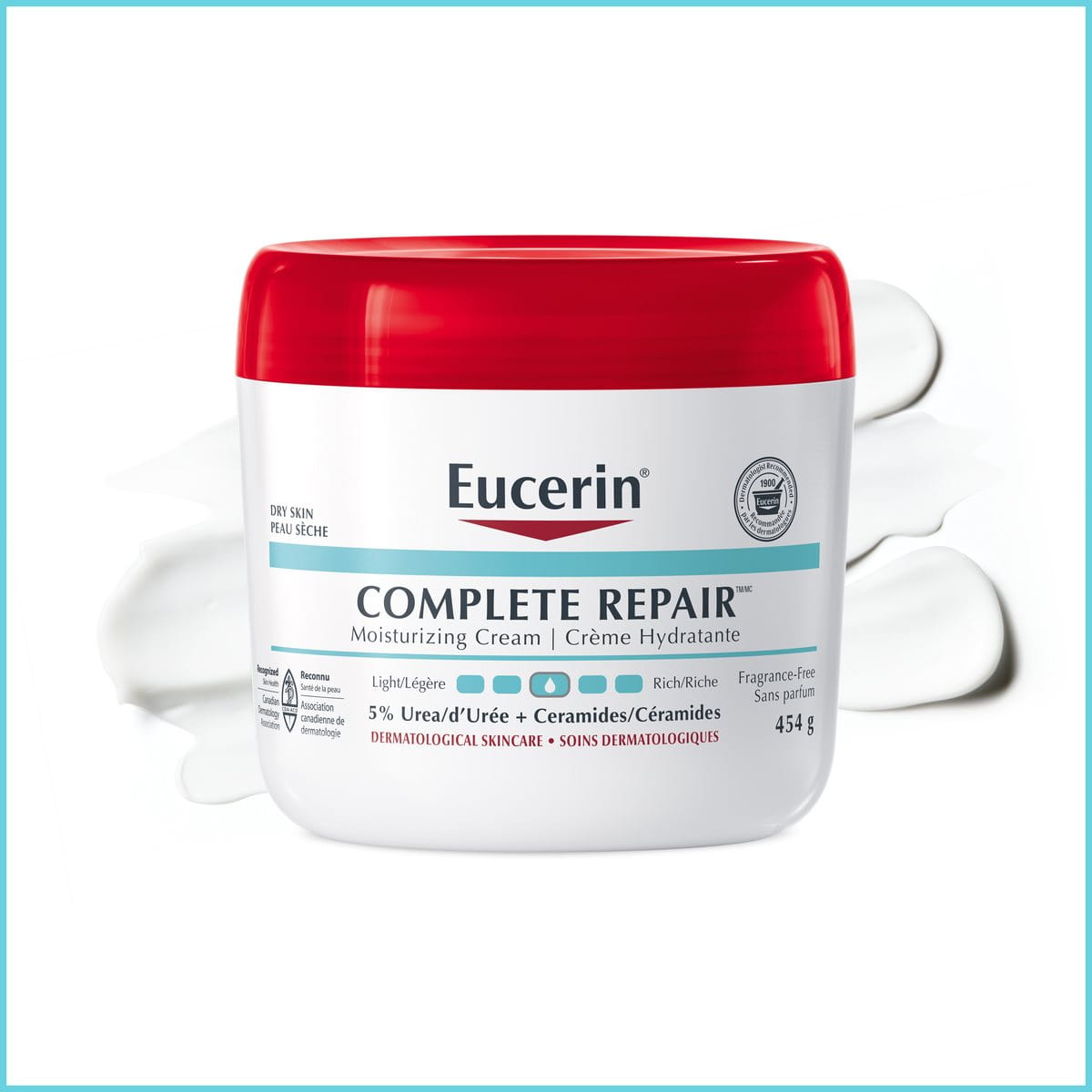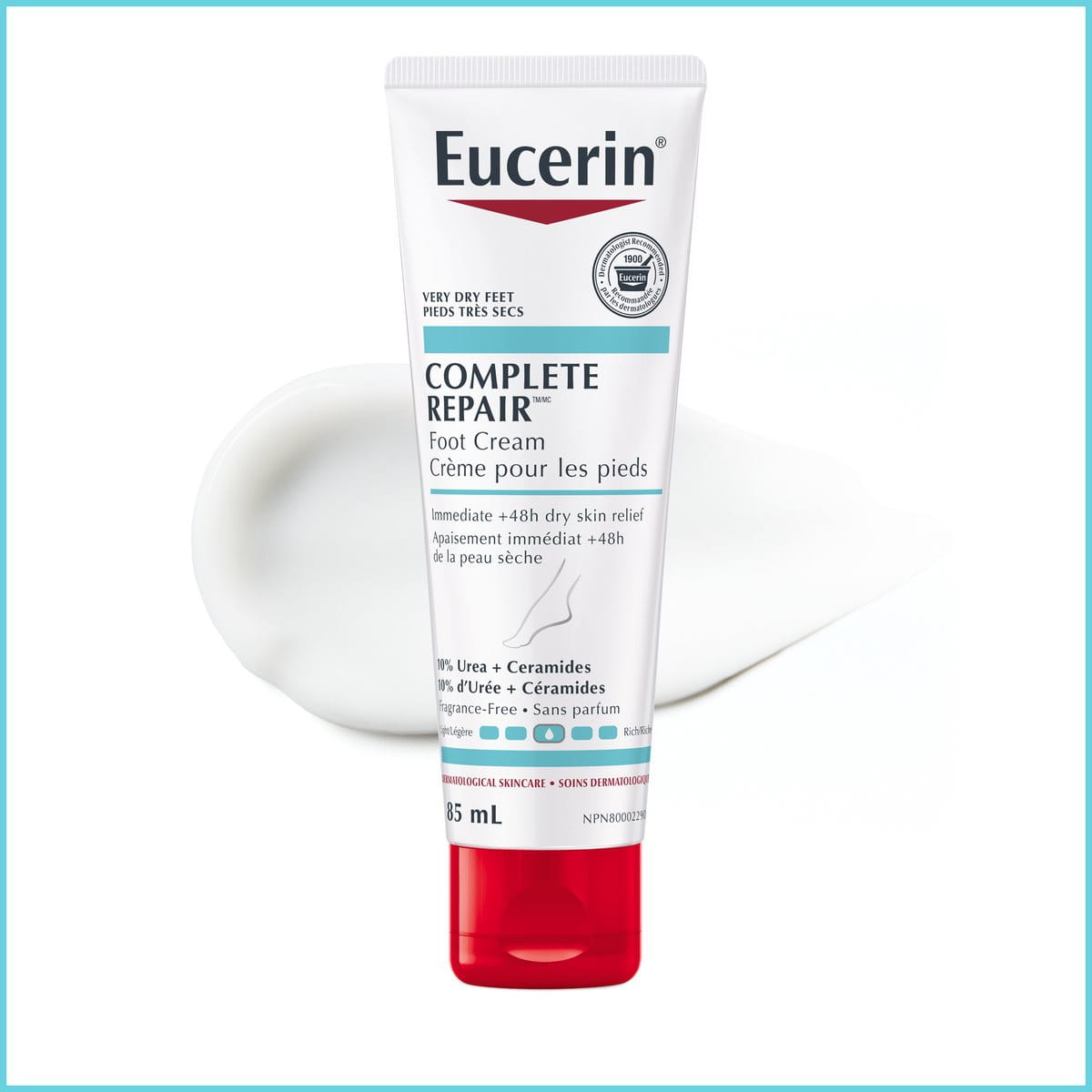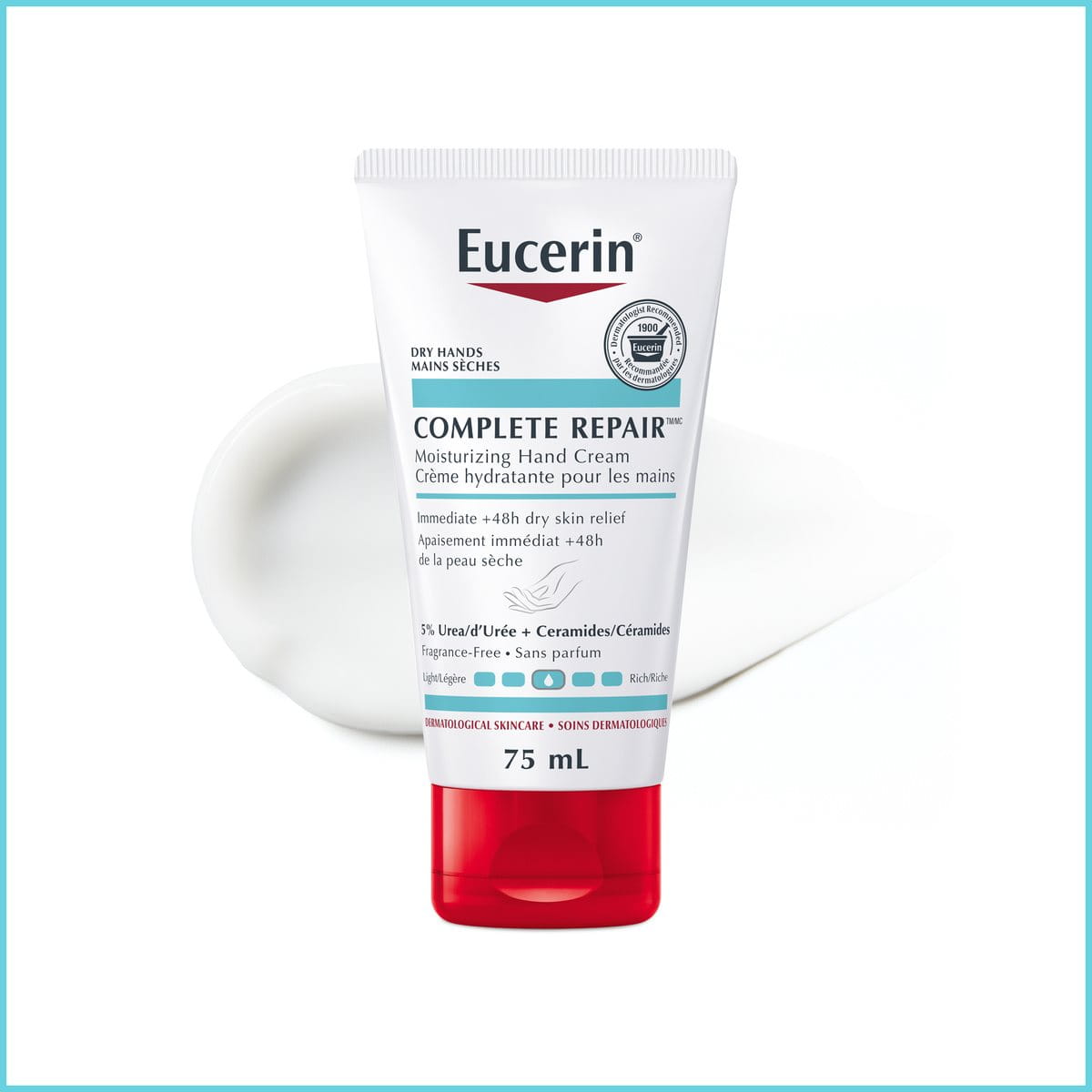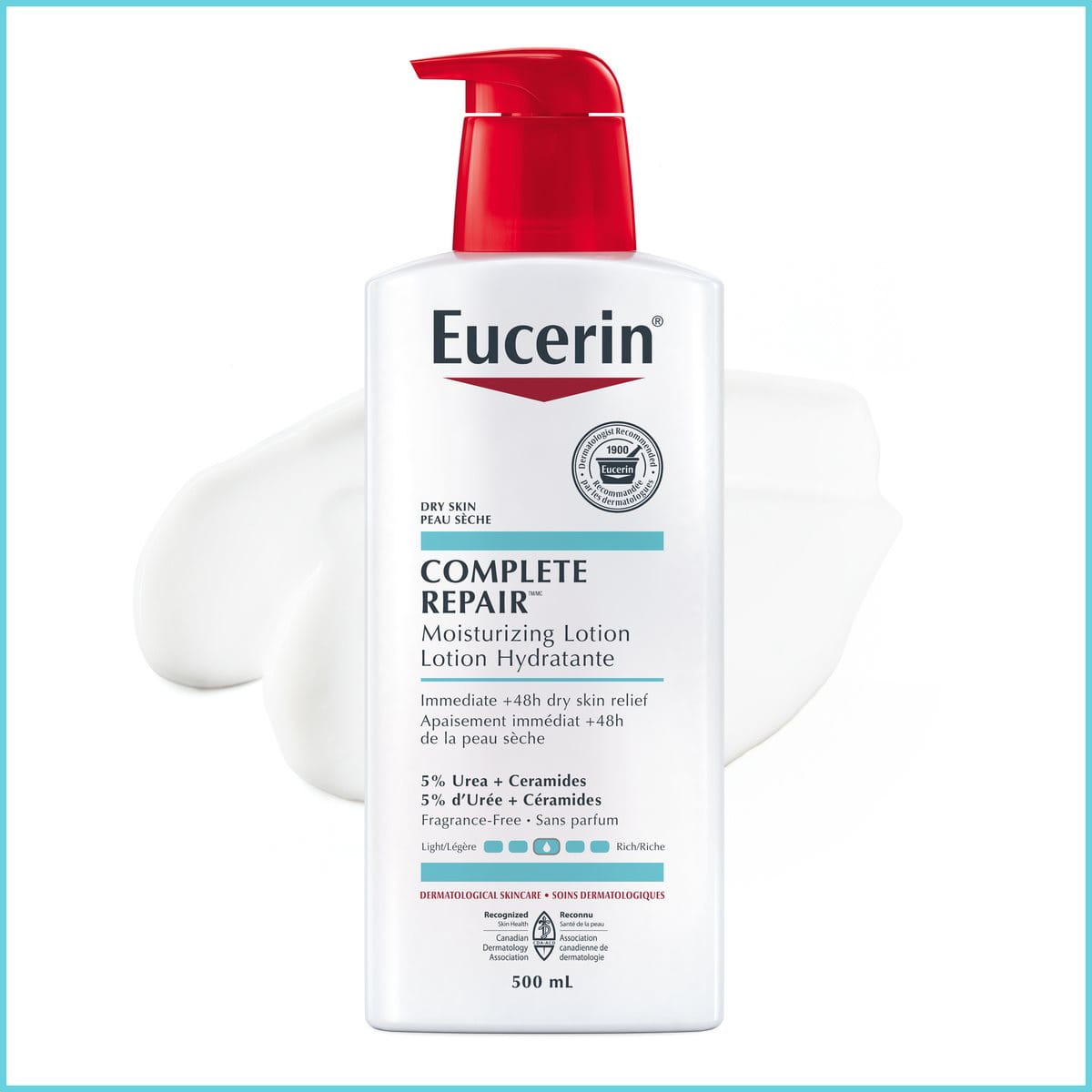This website serves the purpose of providing general information and does not in any way replace medical or specialist advice. Consult a healthcare practitioner if symptoms worsen or persist.
The condition and appearance of our skin is key to our overall health and wellbeing. When skin is healthy it works hard to protect our bodies from bacteria and viruses, regulates temperature and looks and feels smooth, calm, well hydrated and even in colour. There are many factors – both internal and external – that affect skin health and influence how it looks and feels. Some we cannot influence, but many we can. Careful skincare helps to keep skin healthy and looking younger for longer.
